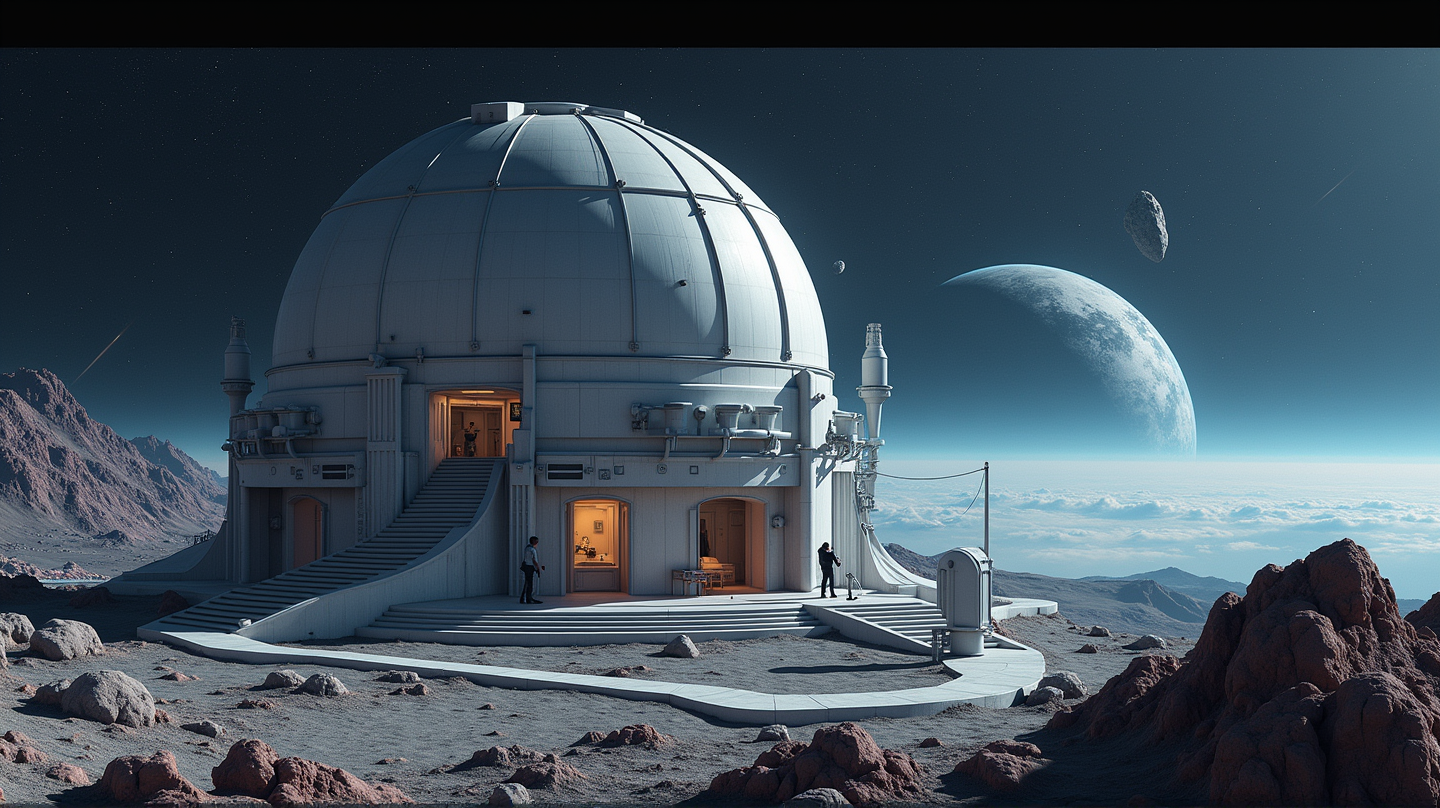Is the US Losing Its Edge in Space Defense?
Concerns mount as Trump’s budget proposal threatens NASA’s asteroid tracking capabilities, raising questions about planetary defense.

A Looming Threat in the Stars
In a meeting filled with urgency and concern, the US House Committee on Space, Science and Technology gathered to discuss the future of NASA’s planetary defense capabilities. The focus? Asteroids hurtling towards Earth and the budget constraints that might impede tracking them. At the heart of this discussion was the Trump administration’s controversial announcement to slash NASA’s budget by a historic 24%, a decision that could severely impact efforts to monitor potential asteroid threats.
The NEO Surveyor: A Beacon of Hope
At the center of NASA’s future plans is the highly anticipated Near-Earth Object (NEO) Surveyor mission, an advanced space telescope dedicated to identifying dangerous asteroids. Unlike traditional methods, which rely on sunlight reflection, the NEO Surveyor will utilize infrared detection to spot these celestial bodies, potentially preventing disasters similar to the Chelyabinsk explosion of 2013, which injured over a thousand people. According to Space, this mission is set to revolutionize our approach to planetary defense.
Funding Struggles and Strategic Concerns
The proposed budget cuts have sparked widespread concern among scientists and lawmakers alike. Rep. Valerie Foushee (D-North Carolina) has voiced her apprehensions, stating that these cuts jeopardize American leadership in space and science. Echoing these fears, Rep. Brian Babin (R-Texas) highlighted the catastrophic potential of unfunded asteroid monitoring, emphasizing the need for robust planetary defense mechanisms.
Technological Innovations and Future Uncertainties
Despite the looming threat of budget constraints, experts like Amy Mainzer, the principal investigator for the NEO Surveyor mission, are optimistic about integrating artificial intelligence into asteroid tracking. Such advancements could significantly enhance detection and monitoring capabilities, albeit contingent on adequate funding. The uncertainty surrounding the final budget has left NASA officials, including Nicola Fox, in a wait-and-see stance regarding the future support for these critical missions.
The Global Implications
The global community is watching as the United States grapples with these budgetary decisions. If domestic funding falls short, international partnerships might become indispensable for asteroid tracking efforts. The sentiment echoed by Rep. Zoe Lofgren (D-California) encapsulates this precarious situation – without a collective effort and sufficient investment, the US might struggle to maintain its pivotal role in global space defense.
In times like these, the question remains: If the survival of our planet isn’t a unifying cause, what is? The clock is ticking, and the answers lie in the forthcoming budget decisions. Will the US safeguard its skies, or will limitations in funding tether its advancements in asteroid defense?

